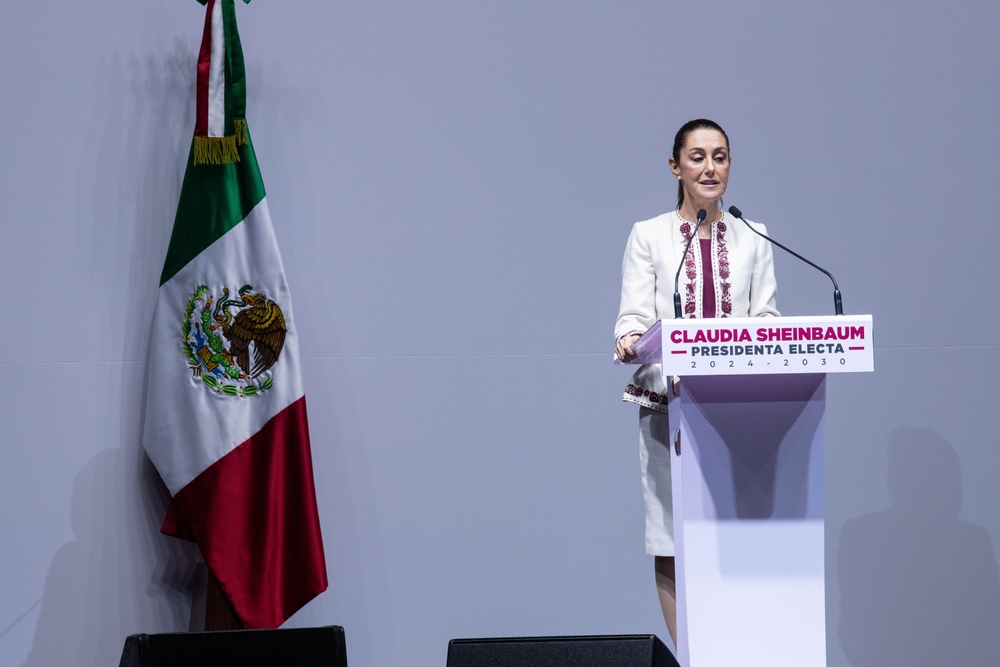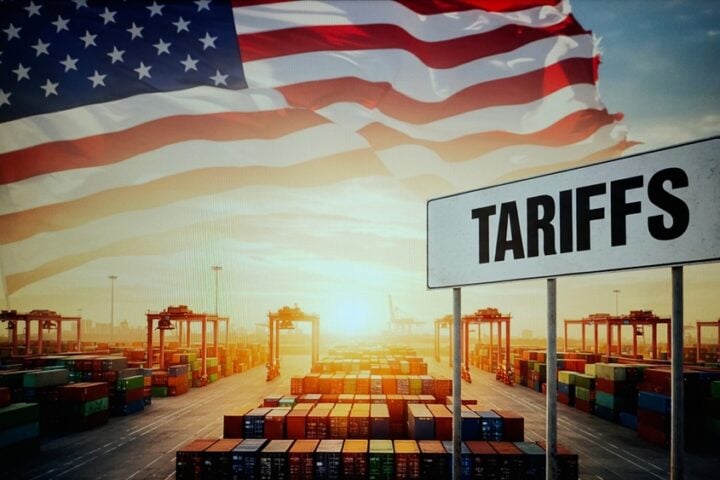In a monumental shift for Mexico, Claudia Sheinbaum has taken office as the country’s first female president, breaking more than two centuries of male dominance in the nation’s highest political position. Her rise to power has captured the attention of people across Mexico and the world, symbolizing a new chapter in Mexican politics. For many, Sheinbaum’s election is not only a victory for gender equality but also a signal of a changing political landscape in the country.
From Scientist to Politician: Sheinbaum’s Rise to Power
Before stepping into the presidency, Sheinbaum built an impressive career marked by her scientific background and her commitment to social justice. As a trained environmental scientist and a former student activist, Sheinbaum has always approached governance through the lens of data-driven solutions and progressive policies. Her tenure as mayor of Mexico City brought her national recognition, where she focused on issues such as sustainability, public transportation, and urban development.
As a close ally of former president Andrés Manuel López Obrador, Sheinbaum has often been seen as his political successor. López Obrador, who left office with widespread popularity, championed policies aimed at reducing poverty and increasing employment under the banner of “Mexican humanism,” a vision Sheinbaum has vowed to continue. In her first speech as president, Sheinbaum signaled her intent to build on these initiatives, particularly in the areas of wage growth and poverty reduction.
Healthcare, Education, and Social Justice: Key Focus Areas
Sheinbaum has set an ambitious agenda, with expanding healthcare and education at the forefront. One of her key priorities is to enhance access to Mexico’s public healthcare system, ensuring that it serves all citizens. She has framed healthcare as a fundamental right, and her administration is expected to increase investments in the system to improve both availability and quality.
Education is another major area of focus for Sheinbaum’s presidency. She has pledged to open more public high school and university spots to ensure that Mexico’s youth have greater opportunities for education. Her goal is to create a more inclusive society where access to healthcare and education are guaranteed rights, not privileges.
Tackling Mexico’s National Security Challenges
While Sheinbaum’s presidency has been met with optimism, she faces significant challenges—none more pressing than Mexico’s ongoing battle with cartel-related violence. Several regions, including Sinaloa and Chiapas, continue to suffer from violent conflicts driven by drug cartels. The internal strife within the powerful Sinaloa Cartel has further destabilized these areas, raising concerns about how Sheinbaum will approach national security.
Critics are skeptical about whether Sheinbaum’s experience as mayor of Mexico City will be sufficient preparation for handling the complex and dangerous dynamics of Mexico’s cartel violence. López Obrador’s administration took a non-confrontational stance toward the cartels, a strategy that some believe did little to curb the violence. Whether Sheinbaum will continue this approach or take a more aggressive stance remains to be seen.
Balancing Continuity with Innovation
As she embarks on her presidency, Sheinbaum’s supporters are hopeful that she will balance continuity with López Obrador’s popular policies and her own leadership style. While some worry that López Obrador’s political influence may continue to loom large over her administration, Sheinbaum has stressed that she will govern based on her own values and experiences.
Her supporters believe that Sheinbaum’s unique background as both a scientist and a seasoned politician equips her to introduce new strategies while maintaining the core principles that López Obrador championed. This blend of continuity and innovation could be key to addressing Mexico’s most pressing issues, from poverty and healthcare to cartel violence.
A Historic Presidency with High Expectations
Claudia Sheinbaum’s presidency is more than just a historic first—it is a defining moment for Mexico’s political future. As the nation’s first female president, she carries the weight of representing gender equality in a country that has never seen a woman in its highest office. Her success will not only shape Mexico’s political landscape but could inspire broader social change in Mexican society.
The challenges ahead are daunting, but Sheinbaum’s leadership represents the hope of many Mexicans who seek a more equitable, just, and prosperous future. Her administration’s handling of critical issues like cartel violence, economic inequality, and public health will determine the long-term impact of her presidency. The coming years will be pivotal in defining her legacy and Mexico’s direction on the global stage.







